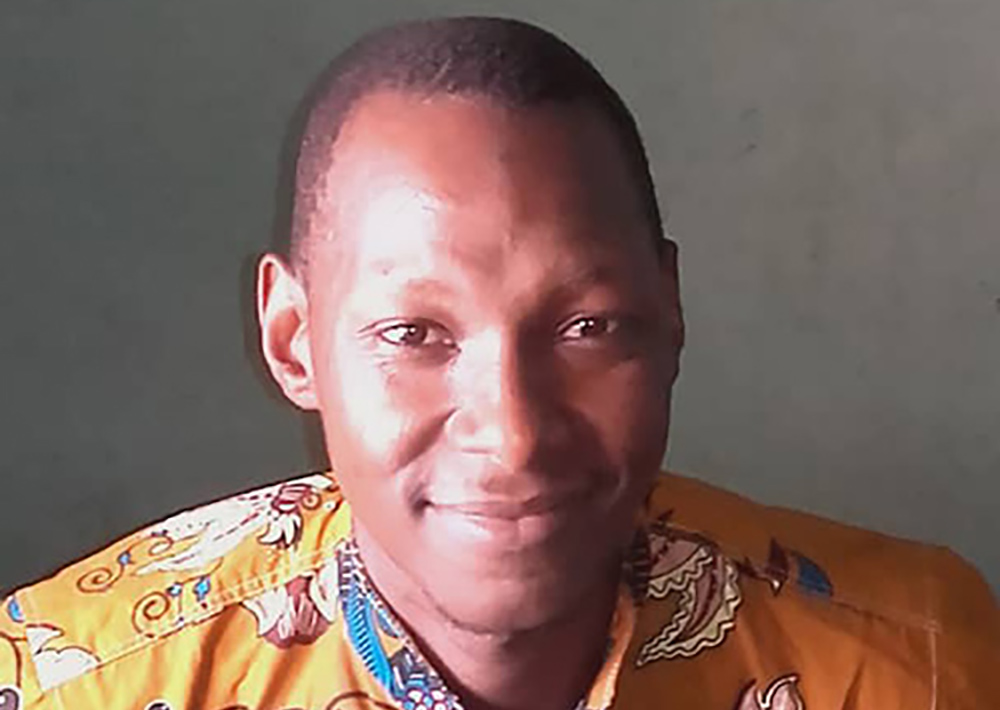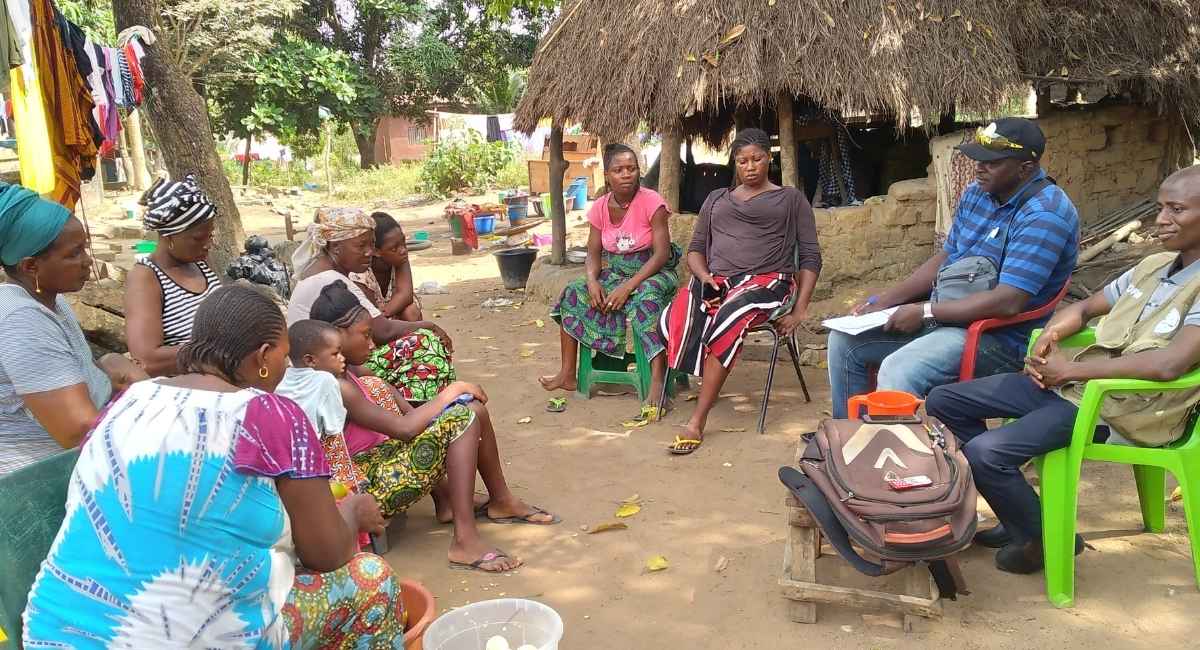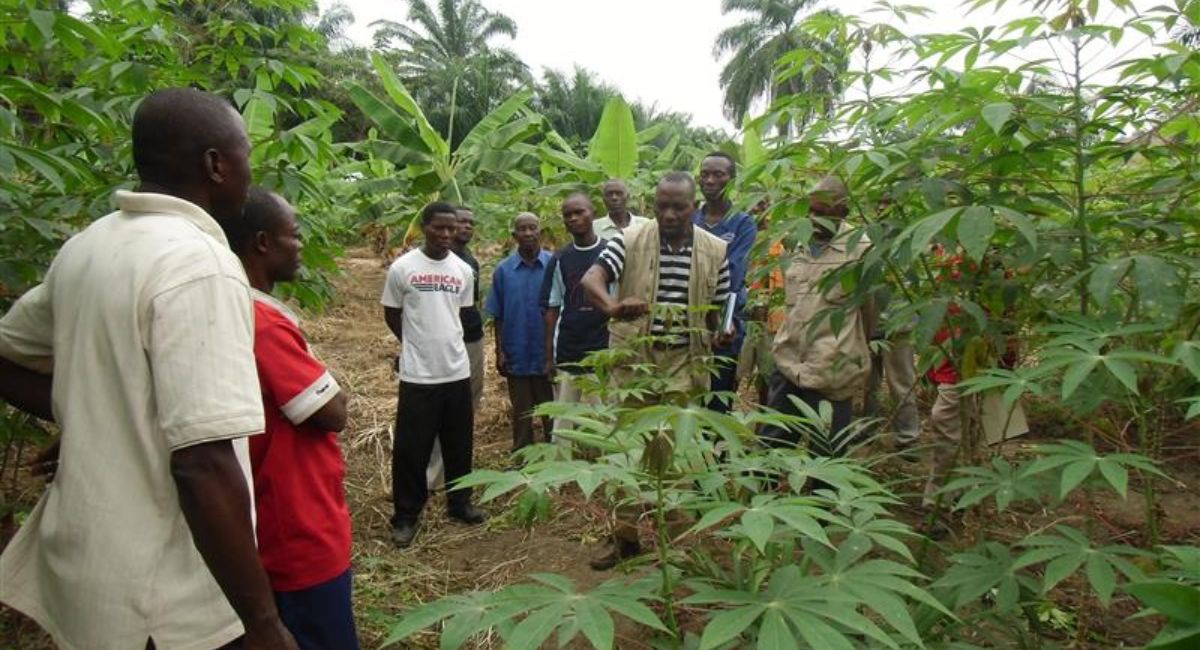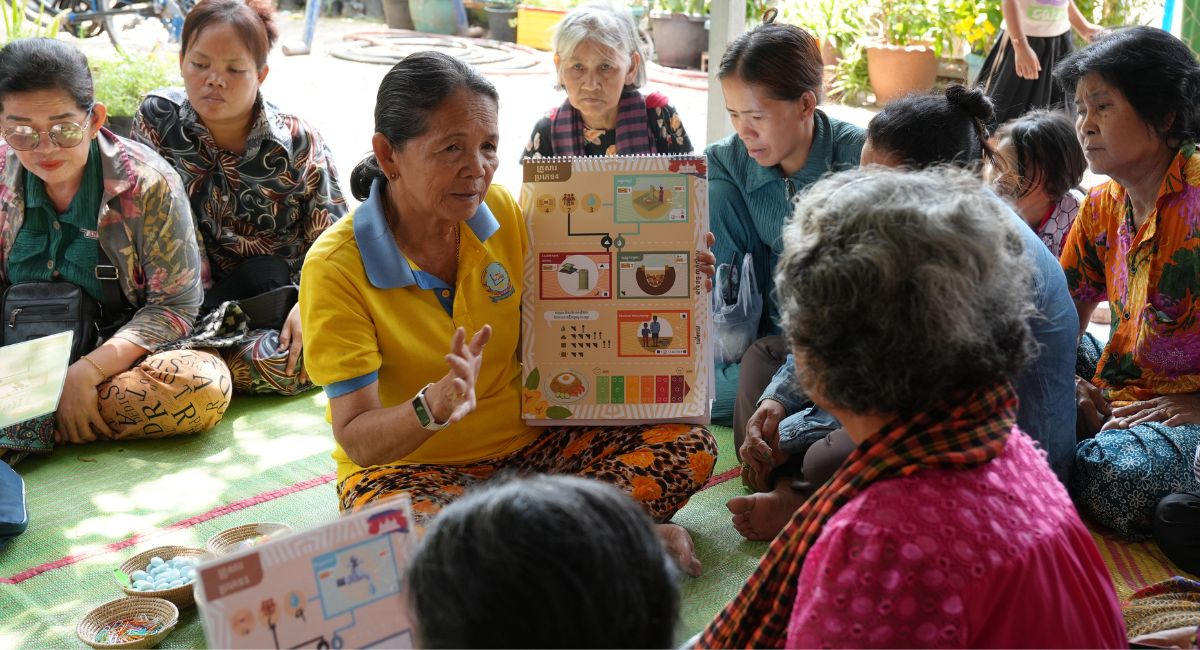Sanimarkets are shops selling low-cost latrines, developed as part of the ASAP project in the region of Tambacounda, in Senegal. Since 2017, this project, funded by the European Union and implemented by the Tambacounda regional development agency and GRET (EU), has been supporting ten private operators in rural areas to develop their sanimarket businesses. Mouhamed Yatara represents one of these operators, the Adad economic interest grouping, based in Dialacoto.
What motivated you to become a sanimarket operator?
Our economic interest grouping chose to invest in the rural sanitation sector above all to participate in the development of the local economy and to contribute to reducing unemployment among women and young people, poverty and illegal emigration, which is very high in the Tambacounda region. In addition, this activity enables us to extend the scope of our associations’ skills in construction, financial management, stocks and teams, and more broadly to strengthen the skills of local craft producers with the acquisition of new techniques for the construction of improved sanitation facilities. Lastly, it is very important for us to participate in the development of the commune of Dialacoto by improving local populations’ living conditions!
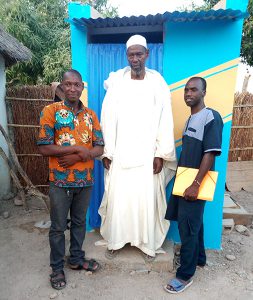
What does your work as a sanimarket operator consist of?
As a sanimarket operator, we produce and sell hygienic latrines in line with demand from households. To do this, we use social marketing techniques for sanitation, a new approach requiring a combination of several skills – technical, commercial, etc. Although profit margins are generated by the operator, our work has a social aspect, taking into account the level of income of the majority of households in our area of intervention. However, we are faced with two challenges: the isolation of certain villages -which makes supply of our construction materials difficult – and the price of the latrines, which is too high for quite a number of households, especially the most vulnerable. The entrepreneurial experience with the ASAP project inspired our grouping, and we reproduced the project’s management model in its traditional areas of work, i.e. agriculture, health, civic issues, gender equality and environmental protection.
What effects do your actions have on living conditions for local populations?
The project’s various activities, which are focused around the construction and installation of latrines in homes and awareness-raising among populations, made it possible to regenerate a sense of dignity and privacy, in particular for women. It also enabled elimination of nuisances, with the abandonment of open defecation, as well as a better living environment and improved health for populations. Lastly, it is important to highlight the creation of new jobs and an improved standard of living for the workers constructing the latrines, as they now benefit from regular employment that is quite well paid.

